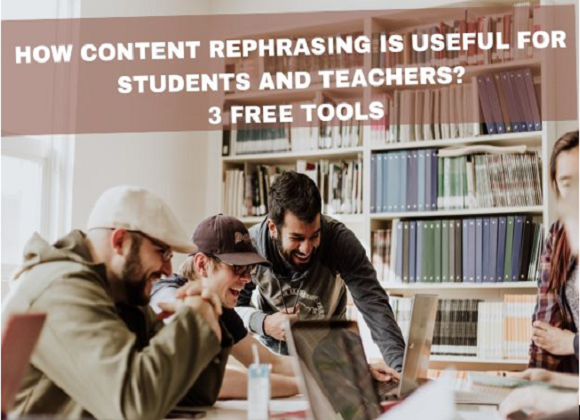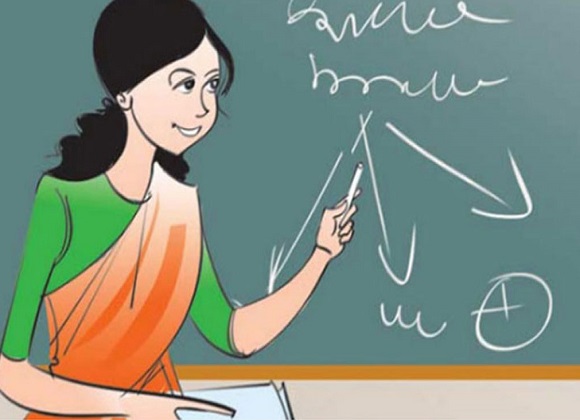Courses
Grow skills with quality courses
was written at the time of the decolonization of countries. It talks of internal de-colonization, that is believing that ‘we are less’. We require healing from internal de-colonization. I can relate to it as an Indian, for it runs in our blood still. There is an approach of ‘west is better’ in everything we do. We are still oppressed. The solution that Freire proposes is "Critical Literacy", interpreted as Critical Pedagogy by educators, which is a way of learning that liberates people from oppression. In education, “Banking education”(Freire, 1970) is oppressive education. Teachers lecturing and students accepting passively without any engagement or contribution or questioning is a part of banking education. There is no openness to dissent and hence it is un-democratic. (Sampson, 2015). If students are not engaged in learning or participating, such education is 1 way and hence a student’s mind is oppressed in the situation. True education is participative.
People can be passive recipients of knowledge — whatever the content — or they can engage in a ‘problem-posing’ approach in which they become active participants” (Paulo Freire, n.d.). This is Critical Pedagogy, the opposite of Banking Education. Put simply, “Critical Pedagogy is the freedom to ask 'why' by the teachers and students. Why am I learning this?" (Freire Project, 2008). The heart of critical pedagogy is “Dialogue” which (Freire, 1972) defines, “Dialogue is the encounter between men, mediated by the world, in order to name the world”. At the heart of “Dialogue” are several terms such as hope, love, humility, and faith. It is the term ‘Humility’ that jumped out to me and hence it is my focus. Humility, freedom from pride or arrogance.
“A dialogue is very different from what we normally call a discussion or debate in education. A discussion is usually between people who have adopted definite points of view and who wish to convince each other or compare their outlooks…. On the other hand, dialogue as a model of religious inquiry begins with not knowing. The participants know that they do not know the truth, posit it as the unknown, and are eager to investigate together in order to discover it. In not knowing, not identifying ourselves with any point of view, not trying to convince each other of anything, we are together and not pitted against each other. It is as if we are all on the same side of the table and the truth is on the other side.” (Krishna, n.d.)
As (Friere, 1970) says, “Self-sufficiency is incompatible with dialogue.” To come to humility, I need to accept that I may not know it all! When a teacher approaches a student or another teacher with an attitude of ‘I may not know it fully’, there is a possibility of openness to another’s view and hence further evolution of the curriculum. Then the transformation would be possible against the oppression of one by the other. “It is as transforming and creative beings that humans, in their permanent relations with reality, produce not only material goods— tangible objects—but also social institutions, ideas, and concepts.” (Friere, 1970).
For the vastness of the human mind, so little is actually known to us. More of the personality and mind is unfolding before us each day and we cannot as educators ever say, I know it all!
About the author
 |
Monica Kochar started her career as a Maths teacher in 1993. She has years of experience as a Maths Curriculum Designer with leading education platforms. This write-up has been reproduced from ' Humane Maths ' with the Author's consent. Any views expressed are personal. |
Comments
Excellent presentation 👌👏😁
Recommended by Gurushala

Technology & Innovation
-By Valentina MilanovaHow Content Rephrasing is Useful for Students and Teachers? 3 Free Tools

Stories of Indian Classrooms
-By GurushalaOn the course of continuous learning- An inspiring teacher story from Pune
Related Articles
